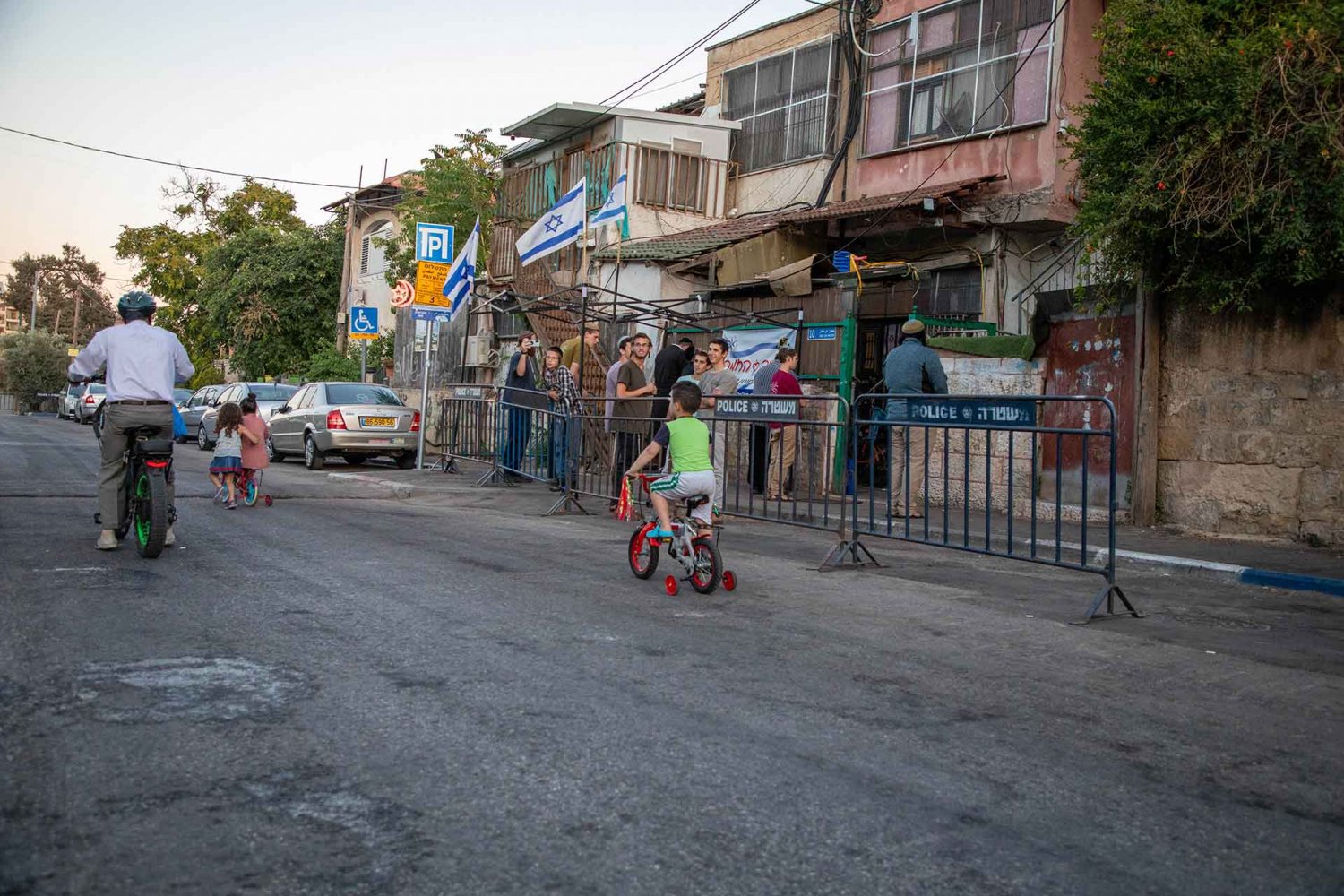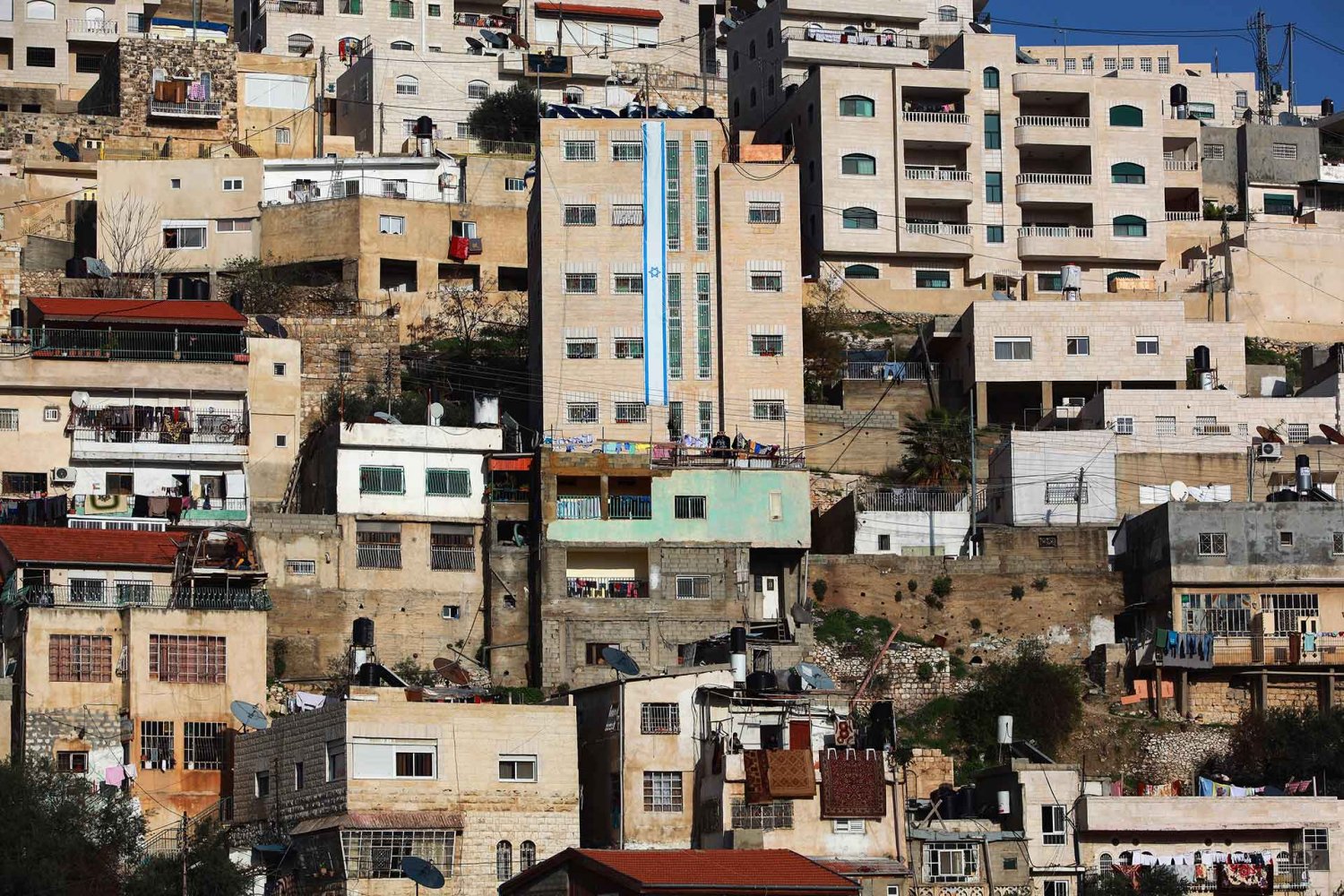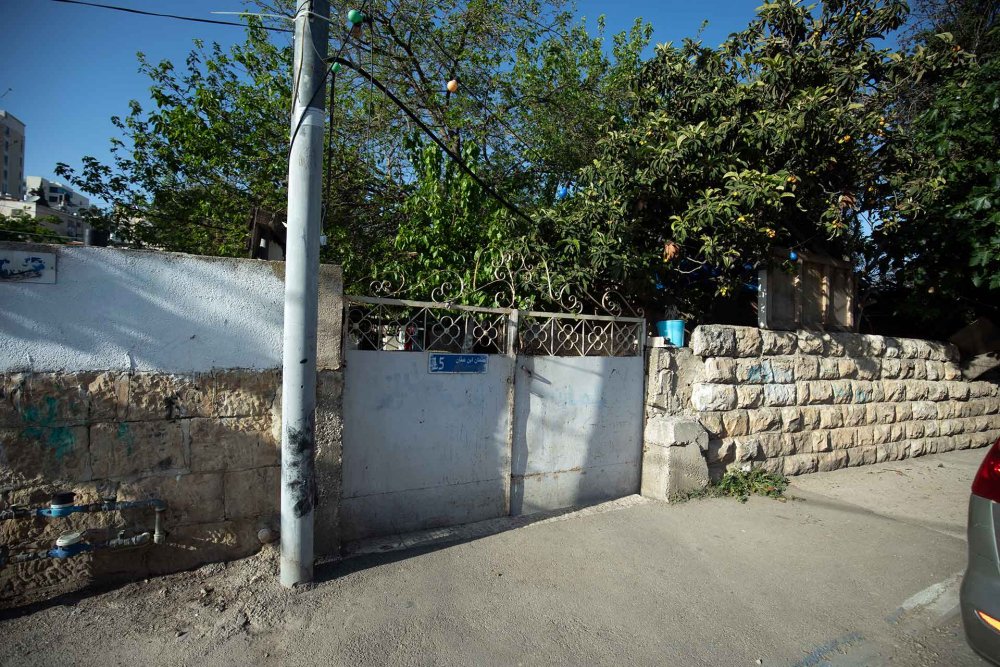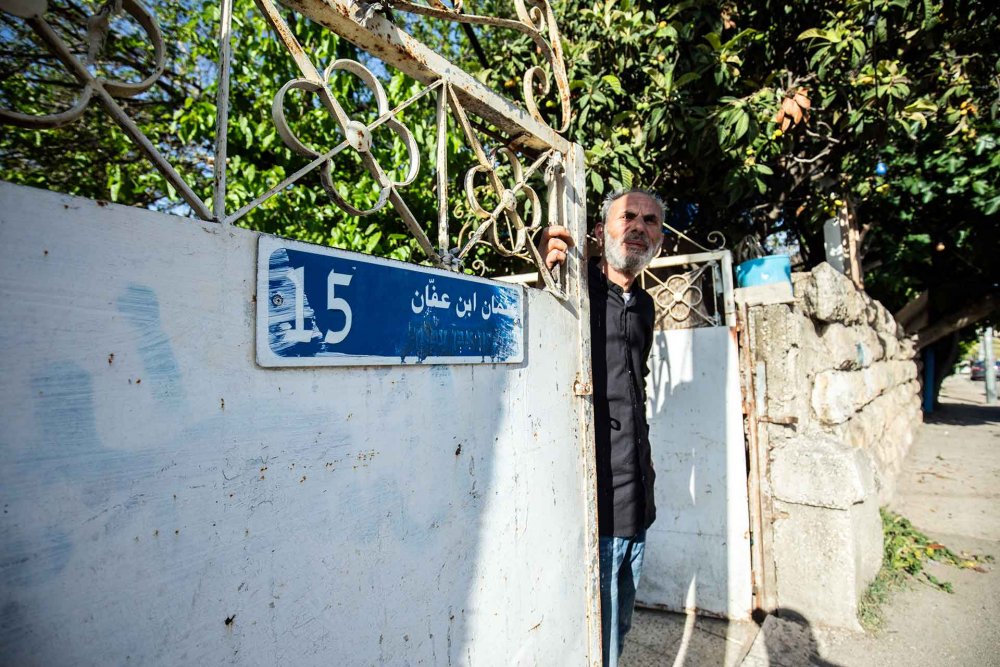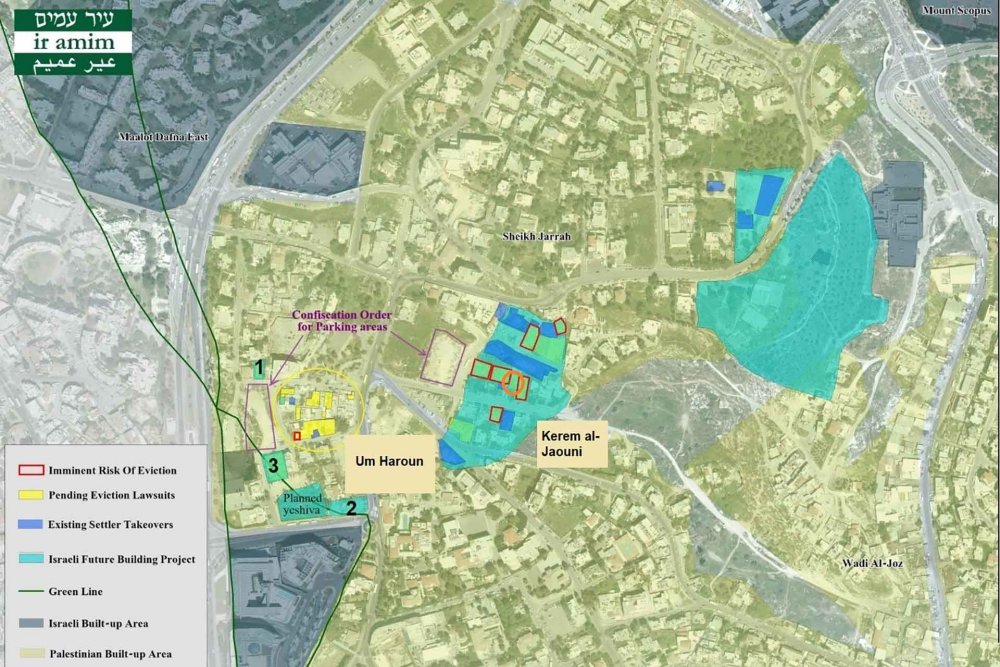More than 50 Palestinians in the East Jerusalem neighborhoods of Silwan and Sheikh Jarrah are likely to be forcibly expelled from their homes this summer after Israeli courts ruled in favor of settler groups in the cases of two Palestinian families, one in each neighborhood (see Forcible Home Expulsions).
On April 11, 2024, Supreme Court Justice Noam Sohlberg dismissed the Shehadeh family’s appeal against the Jerusalem District Court’s 2022 ruling to expel the Palestinian family of approximately 35 members from their home in the Batn al-Hawa area of Silwan.1 Sohlberg ruled the family must vacate the building by June 1 and pay NIS 5,000 ($1,340) in legal fees to Ateret Cohanim, the settler group suing the family over the property’s alleged ownership. The family will file a motion for an additional discussion; however, since it is a Supreme Court ruling, the likelihood of this being accepted is slim. The family has thus exhausted all legal avenues to prevent their expulsion.
In another, separate case, on April 15, the lower Jerusalem Magistrate’s Court ruled to expel the Diab family, which has 23 members, from their home in the Kerem al-Juni section on the eastern side of Sheikh Jarrah by July 15. The family plans to appeal this decision to the Jerusalem District Court.
Both cases stem from expulsion lawsuits filed by settler groups using the Legal and Administrative Matters Law—1970, an amendment to the Absentees’ Property Law—1950 that allows Jews to “reclaim” property in East Jerusalem that they allegedly owned before 1948, even if Palestinians are currently in residence there, yet doesn’t grant the same restitution rights to Palestinians. On the other hand, the Absentees’ Property Law—1950 allows the state to confiscate properties belonging to Palestinians who forcibly fled or were expelled from their homes in what became the State of Israel and transfer them irretrievably to Jewish ownership so Palestinians can never recover them (see How Israel Applies the Absentees’ Property Law to Confiscate Palestinian Property in Jerusalem).2 Between the two laws, Palestinians—whether absent or present—lose their properties to Jews with the blessing of the state.

